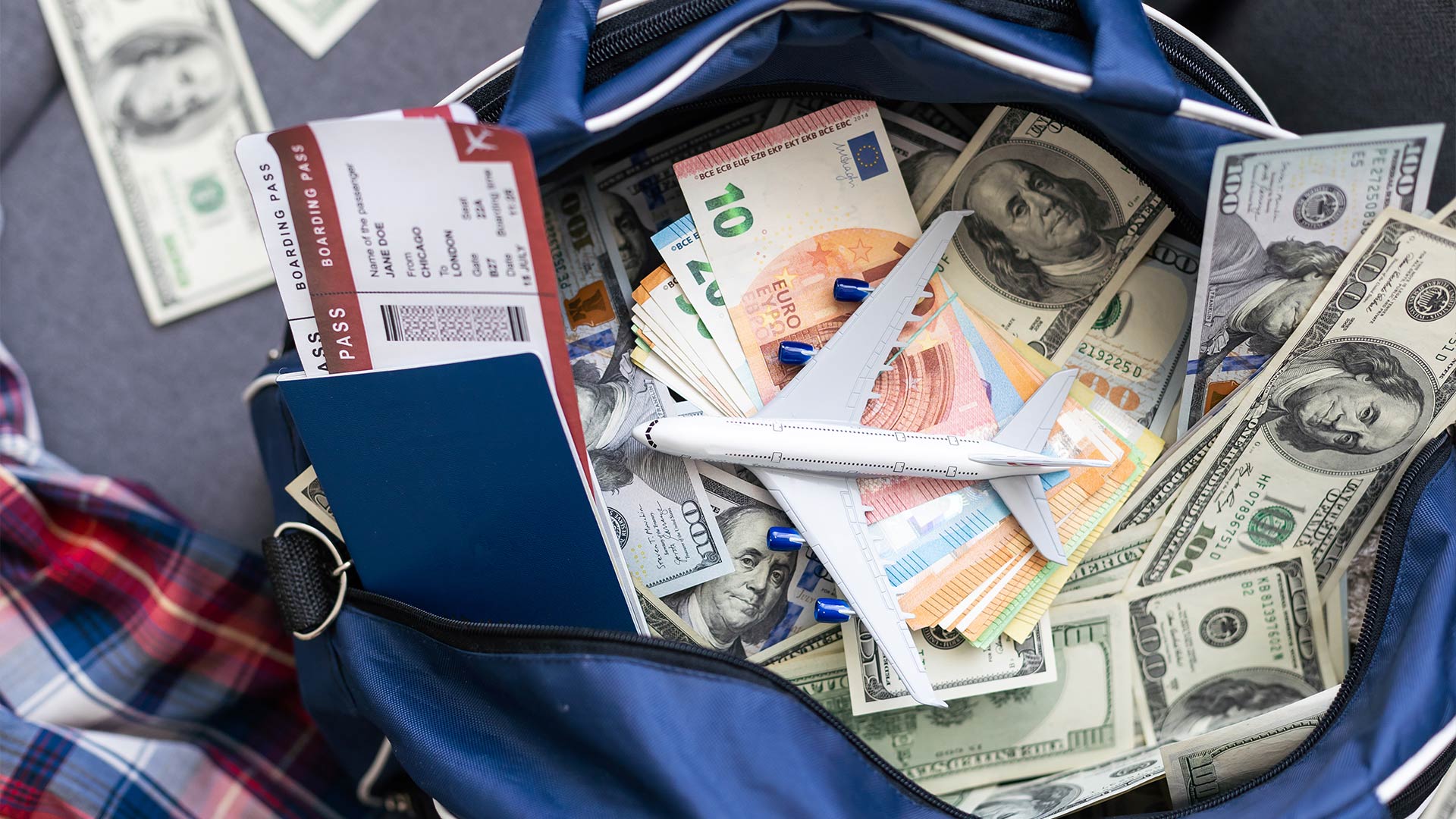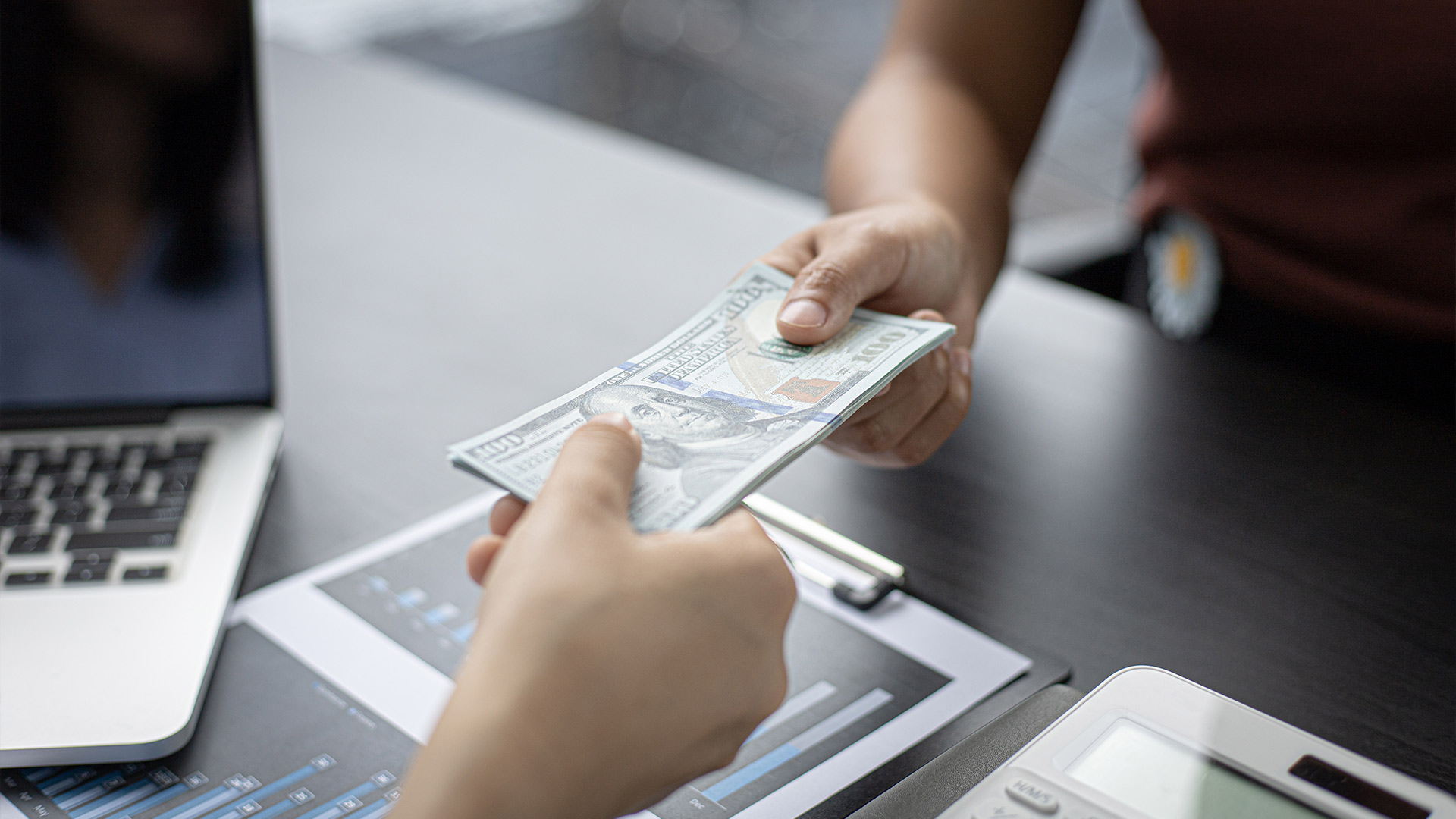Managing Finances for Long-Term Travel: Digital Nomad Budgeting Tips
Long-term travel as a digital nomad offers freedom, adventure, and the chance to work from anywhere. However, managing finances effectively is critical to sustaining this lifestyle. Without proper budgeting and money management, the dream can quickly turn into stress and financial trouble. This article provides practical, concrete tips on how to manage your finances during long-term travel.
1. Understand Your Monthly Expenses
Before hitting the road, it’s essential to have a clear picture of your regular expenses. Break down your budget into key categories:
- Accommodation: Hostels, Airbnb, co-living spaces, or short-term rentals.
- Food: Groceries, eating out, street food, and occasional treats.
- Transport: Local transport, flights, and any vehicle rentals.
- Work-related costs: Internet, coworking spaces, equipment upgrades.
- Insurance and healthcare: Travel insurance, medical expenses.
- Miscellaneous: Leisure activities, visa fees, laundry, SIM cards.
2. Build a Realistic Monthly Budget
Once you know your typical expenses, set a realistic monthly budget. This should be strict enough to keep your spending in check but flexible to handle unexpected costs. For example, if accommodation is $600/month, food $300, transport $100, and other expenses $200, your budget would be around $1,200 monthly.
Add a buffer of 10-15% to handle emergencies like health issues or urgent flights.
3. Separate Travel and Personal Finances
Keep your travel money separate from your home or personal finances. Open a dedicated bank account or use digital banking services that offer multiple currency accounts. This helps:
- Avoid mixing everyday expenses with travel costs.
- Monitor travel spending more clearly.
- Reduce fees by holding money in local currencies.
4. Use Multiple Payment Methods
Don’t rely on just one card or payment method. Carry at least two credit or debit cards and consider prepaid travel cards. This provides backups if one card is lost, stolen, or blocked.
Tips for cards:
- Choose cards with no foreign transaction fees.
- Notify your bank about your travel plans to avoid fraud alerts.
- Use credit cards for bigger purchases to gain travel protection and rewards.
5. Minimize Currency Exchange Fees
Currency exchange fees can eat into your budget. Avoid exchanging money at airports or local kiosks where rates are poor. Instead:
- Use ATMs that partner with your bank for better rates.
- Use online services like Wise to transfer money cheaply.
- Withdraw larger amounts less frequently to reduce ATM fees.
6. Plan Accommodation Smartly
Accommodation often makes up the largest part of your budget. To optimize costs:
- Book longer stays for discounts.
- Consider co-living spaces or shared apartments.
- Use platforms like Airbnb, Booking.com, or local rental agencies.
- Negotiate directly with landlords for better monthly rates.
7. Track and Adjust Your Budget Regularly
Your expenses will fluctuate depending on location, season, and lifestyle. Track your spending weekly and compare it against your budget. Adjust if necessary:
- Cut back on non-essential expenses if overspending.
- Explore cheaper destinations or neighborhoods.
- Prioritize expenses that improve work productivity and health.
8. Build an Emergency Fund
An emergency fund is critical for long-term travel. Aim to save at least 3-6 months of living expenses before you start traveling. This fund covers:
- Medical emergencies.
- Lost or stolen belongings.
- Sudden travel changes or evacuations.
9. Optimize Income Streams
As a digital nomad, your income may fluctuate. To maintain steady cash flow:
- Diversify income sources (freelance work, passive income, part-time gigs).
- Invoice clients promptly and follow up on payments.
- Use reliable payment platforms (PayPal, Stripe, Payoneer).
- Budget based on your lowest expected income, not the highest.
10. Use Technology to Your Advantage
Apps and tools can make budgeting easier:
- Expense trackers: Expensify, Trail Wallet, or Spendee.
- Currency converters: XE Currency or Currency.
- Budget planners: You Need a Budget (YNAB), Mint.
- Banking apps: Revolut, Wise, N26.
Conclusion
Managing finances as a long-term traveler requires discipline, planning, and regular review. By understanding your expenses, separating your finances, minimizing fees, and keeping an emergency fund, you create a solid foundation to enjoy your nomadic lifestyle without financial stress. Use technology and smart budgeting to stay in control, and remember that flexibility and preparedness are key.
Travel smart, spend wisely, and enjoy the freedom of working from anywhere.


